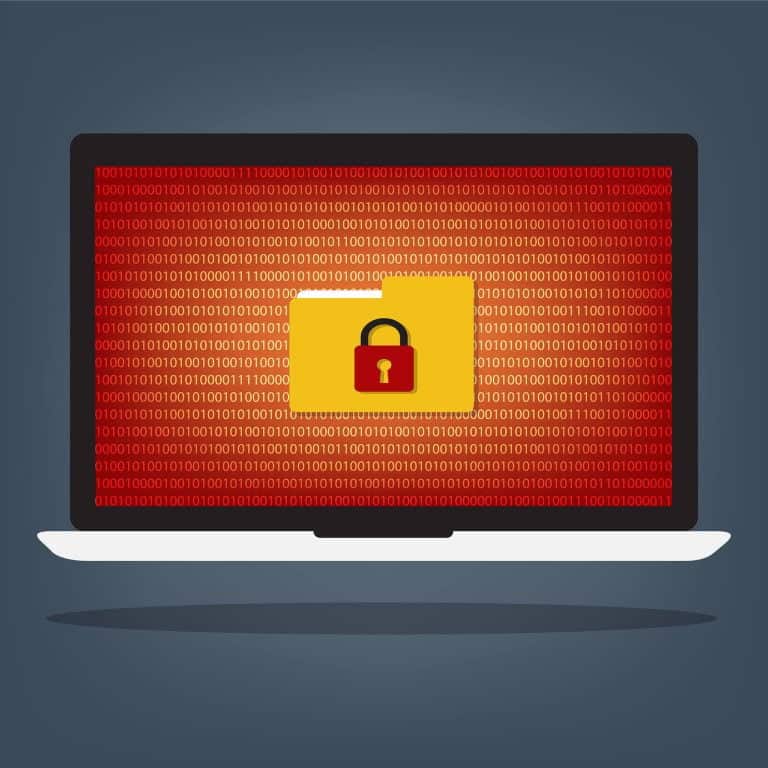Business interruption—or a period in which a business’s operations are halted due to damage, loss, or sudden unavailability of major resources—is one of the biggest business risks plaguing enterprises today. For many businesses, tens of thousands or even millions of dollars worth of revenue can be lost from even just a few hours of business interruption. A grim reality that businesses face is that the longer they are hindered by their disruptions, the more productivity and revenue they stand to lose. More extended periods of halted operations also make it harder for a business to get its operations back on track.
Knowing this, there’s a pressing need for enterprises to do two things:
- To actively prepare and protect themselves from the worst outcomes, and
- To draft contingency plans to respond to the problems immediately.
What are the most common causes of business interruption, and what can your business do to prepare itself? To answer that, here’s a brief list of issues you need to pay attention to.
Cybersecurity Events
Many businesses heavily rely on their digital assets, like their company file and database systems, just as much as they rely on their physical assets. It’s not uncommon for businesses to do a significant chunk of their operations from the cloud. But with this increased reliance on technology comes increased vulnerability to cyberattacks. Bad actors may be lurking in the background, waiting to sow chaos upon your company’s digital resources.
Your approach to protecting your business against hackers, phishers, and other cybercriminals should be twofold. You’ll want to bolster your company’s current information security defense against infiltration, data breach, malware, viruses, and other threats to their security. You’ll also want to invest in a dedicated disaster recovery solution to replicate your data environment in case any of your assets get lost, stolen, or corrupted. Choose a solution that backs up quickly and frequently, tests often, and is easy to use when data recovery is needed.
Natural Disasters
Another common cause of business interruption is a natural disaster. This is the so-called “acts of God” in legal terms, and they are among the hardest disruptions to deal with because no one can predict when they’ll occur or how much damage they’ll wreak on a business’s resources. Examples of natural hazards that can cause serious business interruption are thunderstorms, floods, hurricanes, wildfires, earthquakes, and tornadoes.
You may not have adequate foresight into when any of these will occur, but there is one thing that you can control: your level of preparedness to deal with them. In addition to securing business insurance coverage for natural disasters, you will want to brief your staff on everything they should do to protect themselves and the company’s assets while these events are occurring in real-time. Compile a directory of emergency contacts, store emergency supplies on-premises, and draft evacuation plans.
Fires or Explosions
Yet another major cause of business interruption is fire hazard or an explosion on-premises. These can be accidental, or they can transpire because of negligence. There’s also the sinister possibility of a fire or explosion being caused by someone with deliberate intentions. Either way, you need to guarantee your workers’ safety and find a way to continue doing business, even if from a temporary command center.
If your business has higher risks of fire or explosion than others—for example, you deal in electrical equipment or handle inflammable materials—make sure you also have a higher degree of protection from these risks. Hold regular inspections to ensure that the premises are free of fire hazards and that your fire protection equipment, like fire alarms, fire extinguishers, and sprinklers, is in good working order.
In the case of grievous damage to your property, make a contingency plan for you and your staff to continue working elsewhere. Back up your business data on the cloud and orient your staff about how to continue business from an alternate system.
Power Failures and Machinery Breakdowns
You can also experience devastating business interruption from power failures or machinery breakdowns. For companies that handle manufacturing, food and beverage production, or laboratory work, any damage to equipment or untimely loss of power can severely cripple business operations.
One way to keep these incidents from happening often is to do regular integrity checks of your electrical wiring and machinery. That way, it will be easier to tell which components are still reliable and which components are in need of immediate repair or maintenance. When you and your staff find yourselves in the middle of a power outage or a hardware failure, find out who you can contact for immediate assistance and troubleshooting. In addition, contact your stakeholders and inform them of the situation so that they can adjust their expectations on what your business can deliver in the present time.
Supply Chain Disruptions
A fifth common reason for business interruption is a problem in the supply chain. If your business sources raw materials or finished goods from a supplier that can’t deliver, the consequences could be detrimental. You could stand to lose a lot of your expected business income, and there’s also the risk that you will lose the trust of your customers.
A lesson that you should learn sooner than later is to be careful about your supplier agreements. You should only enter into business contracts where your company’s interests are sufficiently protected. It’s also good to expand your sources to include more options so that you can continue operations even if your main supplier is incapable of delivering. Just consider the implications of the container ship congestion that is currently happening in the ports of Los Angeles and Long Beach because of the COVID-19 pandemic, which brought major disturbances in global production and supply chain movements.
Though delays in shipment and delivery can be quite disappointing to your customers, you have the best chance of retaining their loyalty by being upfront about supply chain problems and updating them about the steps you’re taking to address those problems.
Conclusion
It’s understandable to feel flustered or off-kilter when events like these occur. Nevertheless, the goal should be to retain control over your circumstances as quickly and as smoothly as possible. That’s the only way to keep your business afloat and to ensure that it continues to be a viable source of income for you and your employees.
In addition, do your part to prepare your business for all of these events. Your levels of preparation will affect your chances of business recovery and your potential to prosper even in the face of adversity.




